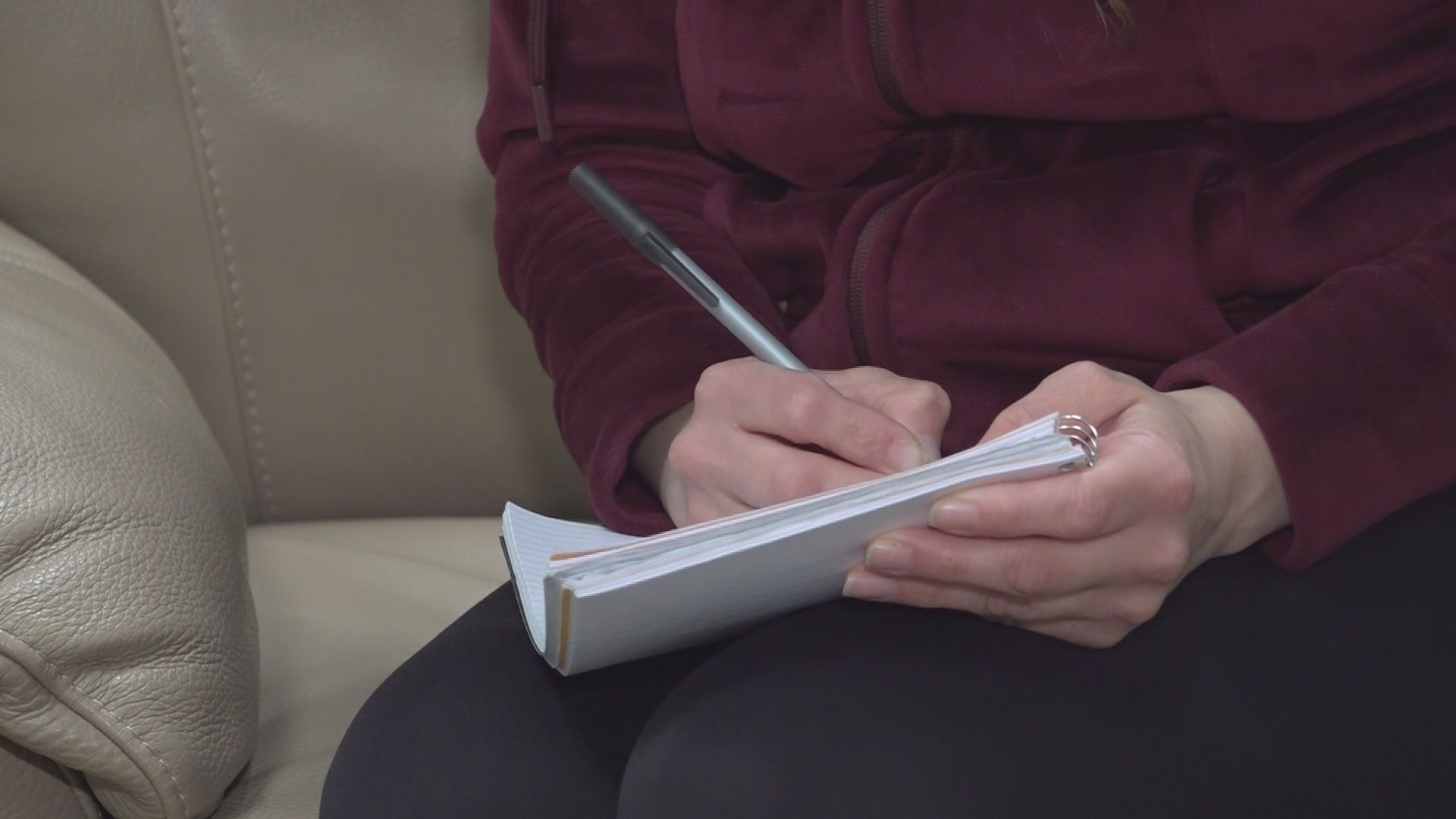
WATERBURY, Vt. (WCAX) – Burlington therapist Annie Wohland treats a variety of mental health conditions, but one stands out above the rest.
“I’d say honestly, like, half of the people I work with have depression,” Wohland reflected.
Wohland says she’s noticed more people seeking mental health treatment in recent years, with depression most common among her adult patients.
“I cannot tell you how many adults tell me, ‘You know, I think it’s time for me to see a therapist now,’ or ‘My child has asked me if they can see a therapist,’” Wohland said.
Wohland’s observations fit into new data on depression out of the Green Mountain State.
According to a recent state report, a quarter of Vermont adults in 2022 report ever being diagnosed with a depressive disorder. That’s 4% higher than the average U.S. adult. The Annual Behavioral Risk Factor Surveillance System tracks health data across states, accounting for population differences for comparison. Dr. Kelley Klein, the medical director of the Vermont Department of Mental health, links the state’s depression rates to long winters – and increased mental health screenings.
“There’s been huge initiatives in the medical world and in Vermont specifically,” Klein said.
Klein says Vermont increased and improved screenings in recent years when other states have not. Vermont weaves conversations about mental health into social services and doctors’ appointments.
“Catching people in those moments allows them to be connected to mental health care in a non-stigmatizing manner,” Klein explained.
The screenings come at a time many experts call a mental health crisis. According to the World Health Organization, depression and anxiety increased by 25% worldwide in the first year of the pandemic. Many Vermonters are still grappling with the effects today.
“Right at the beginning of the pandemic, a good friend of our son’s committed suicide,” Gordon Rowe of Huntington shared. “I would say that that sort of spurred a lot of conversations about that.”
While Wohland celebrates increased mental health awareness, she says she worries about the strain it puts on the state’s already overwhelmed mental healthcare system.
“I think I stretch myself a little too thin with trying to help so many people,” Wohland said. “I’m just one person.”
Despite this tension, Wohland says there are always solutions for people seeking help. If you’re looking for a therapist, she recommends Vermont Counseling Network which posts clinicians currently taking patients. Anyone experiencing a mental health crisis should call 988.






